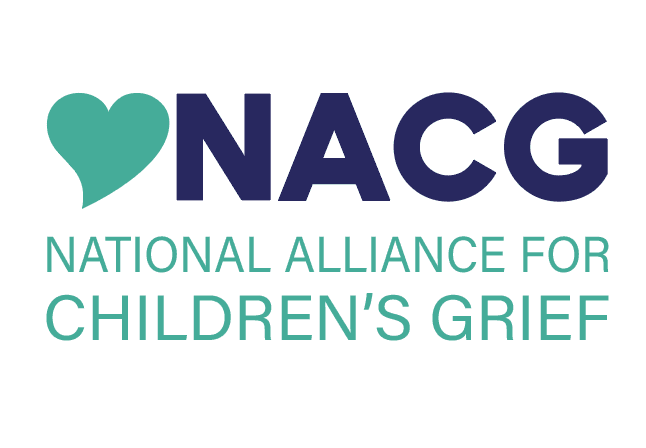Special to The Miami Herald
Beth and Brad Besner of Davie are still struggling with grief over the loss of their son Ian, who died 3 ½ years ago at age 11 of complications from leukemia.
But they have more than their own heartache to deal with. Their sons Grant, now 12, and Noah, 10, are also trying to make sense of the death of their big brother.
When a child dies -- or is seriously ill -- siblings sometimes feel they are on the outside looking in, left to their own devices to cope and grieve. But child bereavement experts say there are ways parents can help brothers and sisters deal with their feelings and stay connected.
The first is to be honest.
``When a member of the family is ill or dying, it's important to keep kids in the loop, because often kids will assume things are far worse than what actually is,'' says Mindy Cassel, executive director and co-founder of the Children's Bereavement Center in Coral Gables, noting that siblings can feel guilt and responsibility, even thoughts that they caused the illness or death.
``Kids are sometimes treated like second-class citizens, like they don't grieve or think like adults do,'' Cassel says. ``A lot of times information is kept from kids, but they need information to process what's going on, and they need it from the parent, not from other sources.''
``It becomes a silent secret, and if a sibling doesn't understand what's going on, it can cause jealousy and resentment,'' says Terry Varraso, a licensed clinical social worker with the Forget-Me-Not Center in Fort. Lauderdale. ``Parents are afraid to talk about it, but you have to talk about it -- name it -- and not just once, but constantly.''
Beth Besner says no one was prepared when Ian's flu symptoms led to a leukemia diagnosis in January 2006. But she had to tell her younger sons, then 9 and 7, what was going on. ``It's a very strange thing. You're panic stricken, but you want to tell them everything is OK,'' she says.
Whether a sibling is a preschooler or college student, you can explain the situation at their level, Cassel says.
``It's not just about one person. It's a family unit. If something happens to one part of the unit, it affects the others.''
The Besners worked hard to maintain some sense of normalcy. When Ian was hospitalized, one parent made sure to get home to tuck in the other boys each night. They arranged extra play dates for the younger boys to keep them busy.
After several rigorous regimens of chemotherapy, Ian contracted meningitis and died May 31, 2006.
Besner says her surviving sons were not interested in counseling, but were receptive to art therapy. Grant went through a bout of hair-pulling, she says, that was helped by biofeedback therapy.
JUST FOR KIDS
``It's hard for kids to articulate their grief in words,'' says Abby Mosher, executive director of Tomorrow's Rainbow in Coconut Creek, which offers peer support groups and equestrian-assisted therapy for grieving children.
``Kids grieve in their language -- which is play,'' she says.
At Tomorrow's Rainbow, kids ages 3 to 18 help groom miniature horses and engage in other activities.
``The kids can express their grief through play -- at the water table, the sand box, the puppet theater,'' Mosher says. ``A lot of times kids are uncomfortable with talking about themselves in the first person, so we ask them about their horse, and they will project their feelings on the horse. They'll say, `Oh, the horse feels sad today.' ''
The Besners started a foundation, www.icareicure.org, to raise money to find gentler treatments for pediatric cancer. The work has been therapeutic for the family, Beth Besner says.
Her advice to other parents with surviving siblings: ``Try to enjoy their accomplishments and validate them, so they know they're as important as the child that's lost.''
In 2006, Jennifer Miller-Smith and Aaron Smith of Pembroke Pines learned their 1-year-old daughter, Madison, had spinal muscular atrophy, the leading genetic killer of children 2 and younger.
Madison, who recently celebrated her third birthday, is defying the odds. But keeping her well has changed the dynamics of the family, which includes Miller-Smith's children from a previous marriage, Katie, 13, and Zach, 12.
The family does monthly fundraisers to help with the costs Madison's therapy, which lasts several hours a day and costs about $2,000 a month.
When the ill child becomes the center of attention, siblings often think, ``What about me?'' Varraso says.
``Include siblings in the therapy,'' she says. ``Give them a part to do, so they can be a part of the process. Plan special activities for them so it's not just about the ill child.''
OTHER SIBLINGS
Because so much of the family's time and money is devoted to Madison, Miller-Smith says she works to make sure the older children don't feel neglected.
``Once Zach asked, `Why are we always doing parties and fundraisers for Madison?' '' she says. She explained that just like he plays baseball and needs equipment for it, Madison needs equipment for her health -- but that it costs 50 times more.
``I told him I want to be able to do for her like I do for you,'' Miller-Smith says. ``And he understood.''
Miller-Smith also makes a point of spending 20 minutes each night with the older kids at bedtime so they can talk and have some time alone.
Varraso says such extra efforts will help siblings feel part of the family.
``Sometimes adults complicate it, when it can be so easy,'' the social worker says. ``Talk about it. Include them and make time for special things.''
LILLY ECHEVERRIA / MIAMI HERALD STAFF







